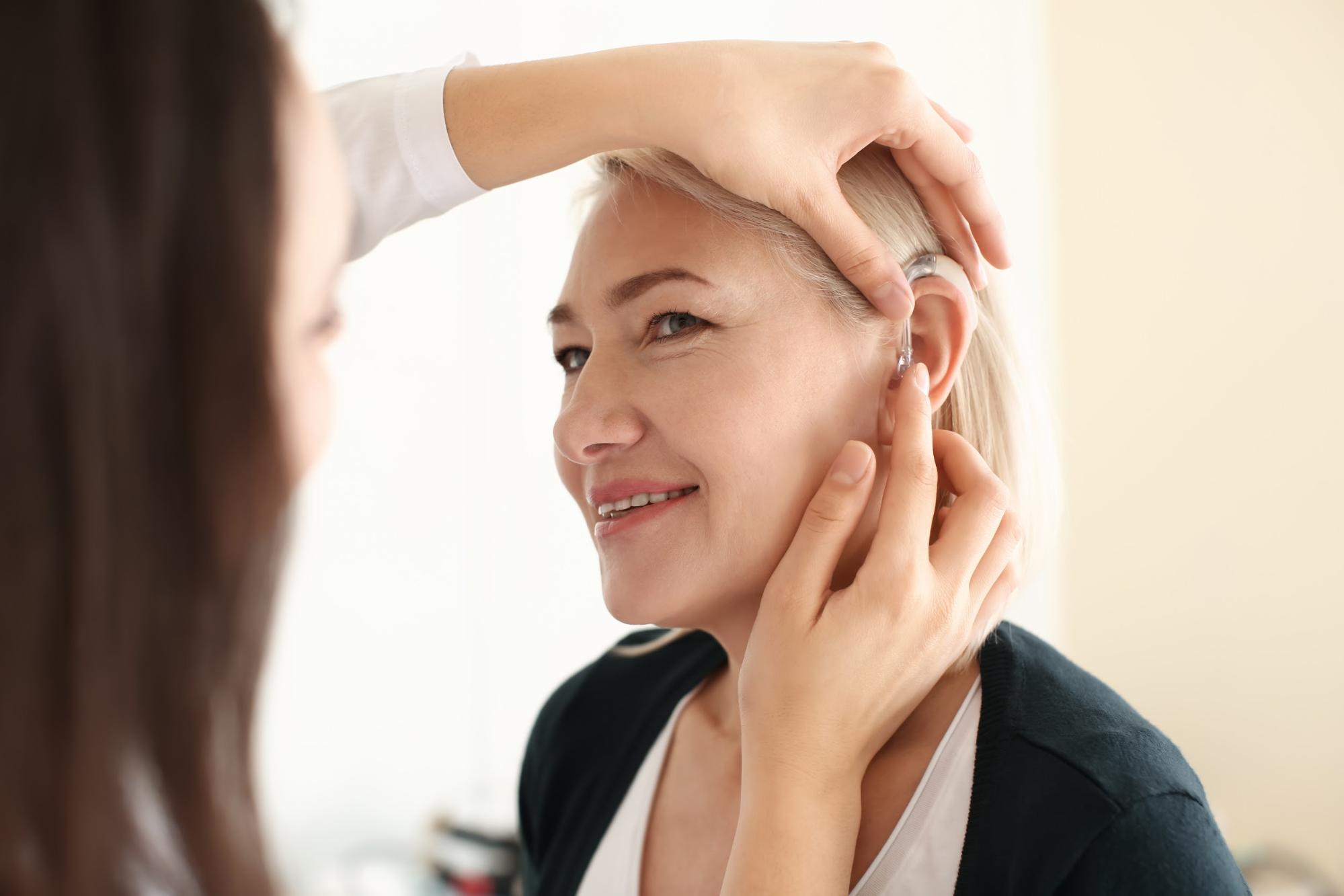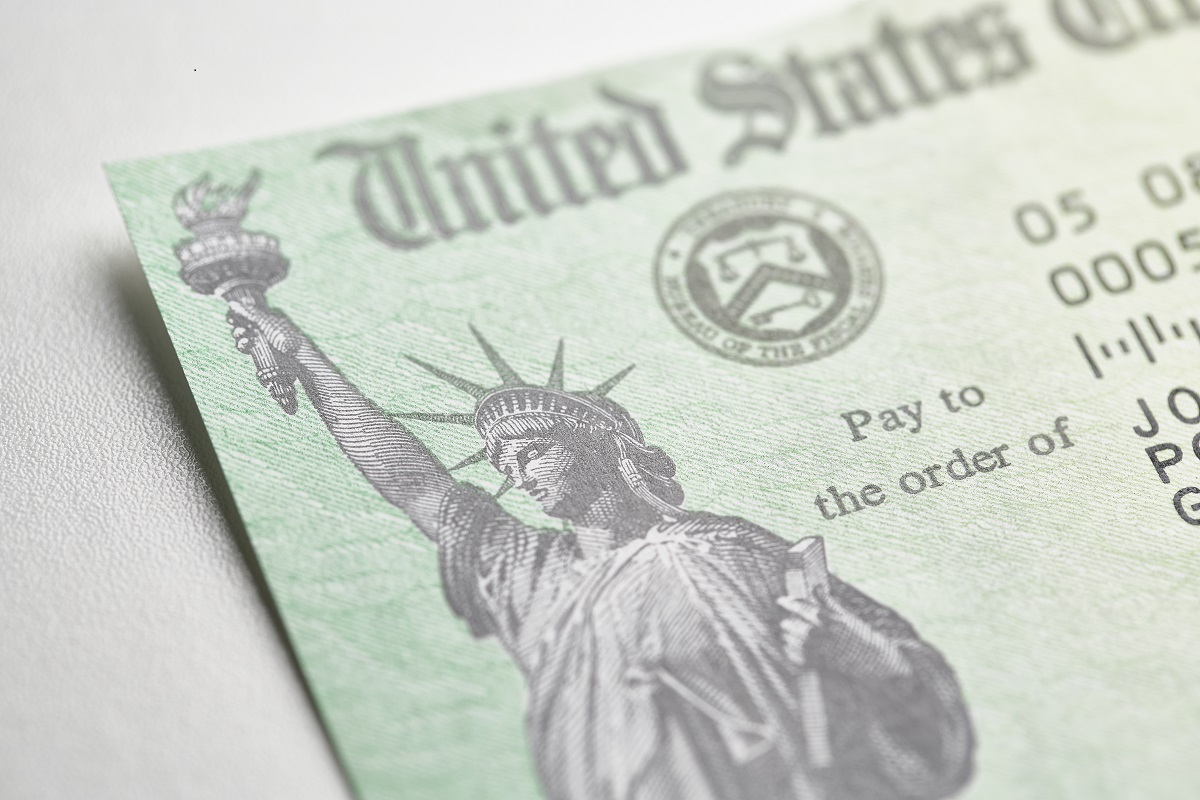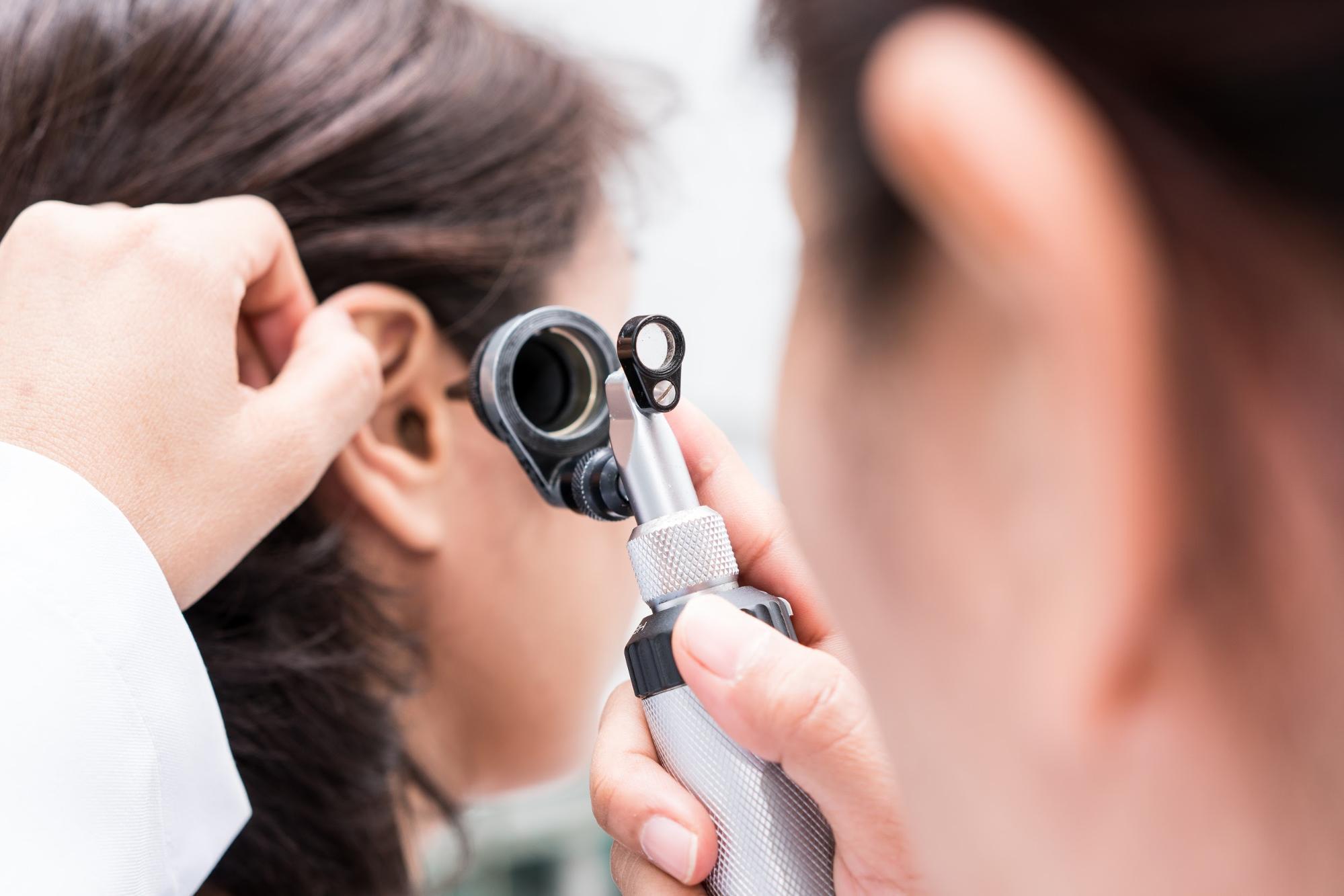So, when is hearing loss a disability? Are you one of 48 million Americans who suffer from hearing loss? You may be eligible for financial help if you are unable to work because your level of deafness is disabling. The Social Security Administration (SSA) offers two types of benefits for which you may qualify: Social Security Disability Insurance (SSDI) and Supplemental Security Income (SSI).
Although the qualifying medical condition is the same for both, each has its own criteria for eligibility. Even if you do not meet the full SSA hearing impairment criteria, you may, in some cases, still qualify for some form of disability benefit.
This article explains the criteria for hearing loss disability benefits and how to apply for them.
What Disability Benefits Are Available?
There are two SSA benefits programs for people with hearing loss: SSDI and SSI.
Social Security Disability Insurance (SSDI)
This benefit can help employees and their families. You can only qualify for SSDI if you have previously worked, at least part time, for a number of years and paid Social Security taxes.
You can visit the SSA website to find out if you have spent enough time working to earn sufficient work credits to be eligible for SSDI. You may be eligible for SSDI benefits even if your otolaryngologist could correct your hearing loss with a cochlear implant but you choose not to have the surgery.
Supplemental Security Income (SSI)
SSI is for people who have limited income, such as a child or elderly person. Unlike SSDI, there are no work requirements for SSI. However, there are rigid financial limitations. For example, if you are an adult applying for SSI, then your income cannot be higher than $733 each month.
You can apply for SSI for a child under the age of 16 who has hearing loss. The SSA financial requirements are not quite as rigid when evaluating children, but the SSA will evaluate parents’ household income. The allowed household income limit is higher for married couples or those who have other children. Children can apply for themselves once they are over the age of 18.
Medically Qualifying for Hearing Loss Benefits
You will not automatically qualify for disability benefits if you have hearing loss. The SSA has its own guidelines for determining whether or not you are eligible for hearing loss benefits. This medical guide — known as the Blue Book — is a listing of disabilities. It explains the required criteria for disability benefits for hearing loss.
To determine whether or not you qualify for SSDI or SSI, you must have a hearing screening test. Either a licensed otolaryngologist or an audiologist certified by the American Speech-Language-Hearing Association or the American Board of Audiology must perform the hearing screening test. The test will include all of the aspects that the SSA needs to assess your eligibility for disability benefits.
You may undergo one of these three hearing tests:
- Air conduction test: This is also known as a pure tone test. During the test, you will wear headphones and hear a series of sounds in one ear at a time. The sounds will have different pitches. As you hear a sound, you will press a button or raise a finger. This test indicates the quietest sounds you can hear at different pitches.
- Bone conduction test: The audiologist will place a small device behind your ear. As they transmit sounds through the device, your skull will gently vibrate. The vibration connects with your inner ear. This test indicates how strong your hearing is and if there is an issue with your middle or outer ear.
- Hearing in noise test (HINT): The hearing in noise test measures your ability to recognize words in quiet and noisy environments. During the test, you will hear a series of sentences in both ears simultaneously. You will repeat the sentences as best you can.
Prior to your hearing screening test, your doctor must examine your ears. They must document the physical condition of your inner and outer ears. If you use hearing aids, you must not wear them when you take the test.
Here is an explanation of the required conditions for hearing loss disability benefits with and without cochlear implants.
Criteria Without Cochlear Implants
To get hearing loss disability benefits without cochlear implants, you must meet one of the following criteria:
- Your air conduction hearing threshold must be 90 decibels (dB) or more in your better ear.
- Your bone conduction hearing threshold must be 60 dB or higher in your better ear.
- Your HINT score must be higher than 40%.
Criteria With Cochlear Implants
You may be eligible for disability benefits for up to 12 months after cochlear implant surgery. Once the first year has passed, you may still qualify for disability benefits if your word recognition score is 60% or below in the HINT.
How to Apply for Hearing Loss Disability Benefits
There are several ways that you can submit an application for hearing loss disability benefits. You can submit an online application via the SSA’s website. You may not have all the information you need, but that’s not a problem. You can save your application and submit it at a later time. You will need the following:
- Your social security number
- The results of your ear examination
- The results of your professional hearing screening test
If you would like assistance with filling out your application, you can call your local SSA office and make an appointment to apply in person. You can also call the SSA at 1-800-325-0788 to make an appointment.
You may, if you wish, contact an attorney who practices disability law. They will be able to answer your questions and help with your application.
What if Your Hearing Loss Doesn’t Meet Medical Requirements?
Even if your hearing loss does not meet the SSA’s disability criteria, you may still be eligible for hearing loss disability benefits. In this case, you would have to demonstrate that there is no job you can do with your level of hearing loss. The SSA may then assign you a residual functional capacity (RFC). In your RFC, the SSA will outline job restrictions related to your hearing loss.
The RFC refers to your ability to do certain types of work despite your auditory impairment. The SSA will assign you a category depending on whether their assessment shows that you can perform heavy, medium, light, or sedentary work. The lower your RFC rating, the fewer types of work the SSA thinks you are able to do. You should be eligible for an RFC rating if your pure tone average (PTA) is lower than 40 dB.
For an RFC, the SSA also assesses your age, level of education, work history, and job skills. They use this information to determine which jobs you qualify to perform. They will compare the requirements of these jobs with your hearing impairment. The report will outline your limitations in performing daily tasks. If the SSA determines that your hearing loss prevents you from working in a job you qualify for, you may receive disability benefits.
Find Out If You’re Eligible for Hearing Loss Disability
If you suffer from severe or profound hearing loss, you may be eligible for disability benefits. To qualify, you will need to have a hearing test performed by a licensed professional and meet the SSA’s eligibility criteria. If you feel that you are eligible for disability benefits for your hearing loss, you can contact your local SSA office to fill out an application.
If you think you may suffer from hearing loss but have not yet had a hearing test, you can take FreeHearingTest.org's free hearing screening test over the phone, from the comfort of your own home. The test takes less than five minutes, and you will get the results immediately.
You can also take a free online hearing test from MDHearingAid. The hearing test works with headphones and takes only eight minutes. You will get a personalized review of your hearing test.

Corinna Underwood
Freelance Writer
Corinna Underwood is uprooted from the UK and transplanted in the USA. She has been writing about health and wellness for twenty years. She also writes mystery novels.




